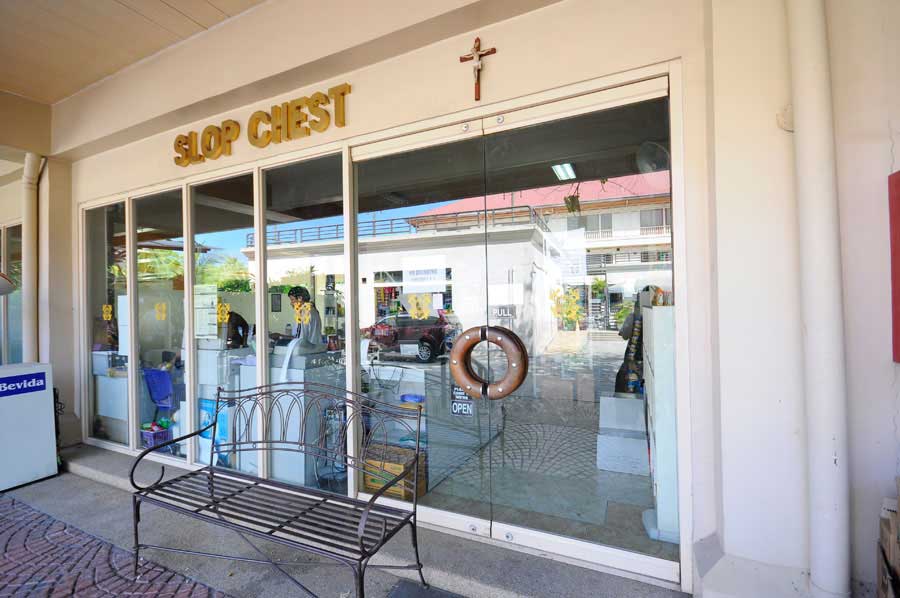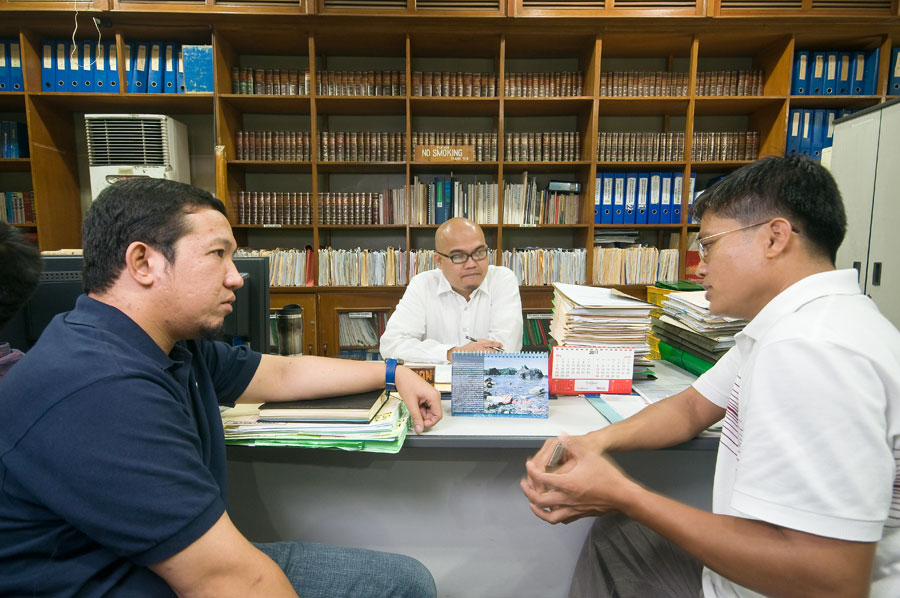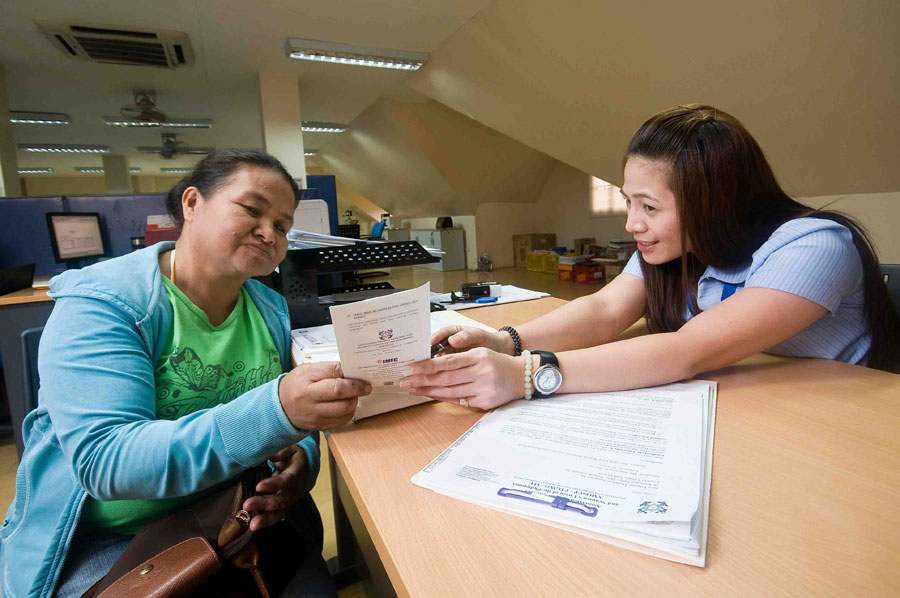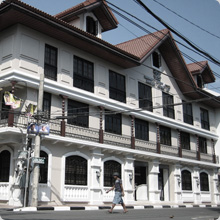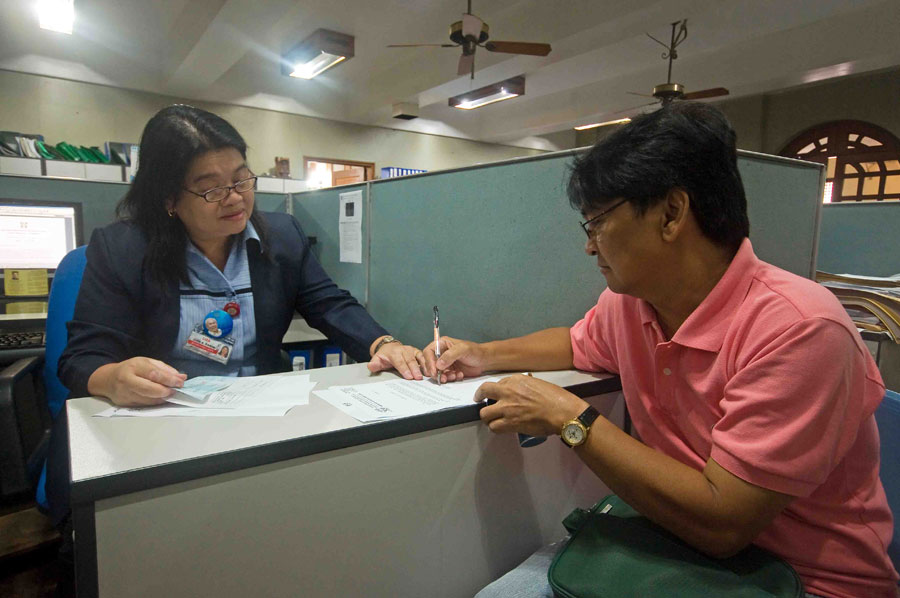
Industry social partners in Manila also call on all concerned Flag and Port States to “promote the mutual acceptance of digital vaccination certificates of our seafarers while transiting to or from their vessels and when going ashore”
Despite the UN designation of seafarers as key workers, the manning industry is still stuck on the need to resolve the crew change crisis. Thousands of Filipino ship officers and crew have remained stranded on board merchant ships beyond their contracts or unable to join ships due to strict travel requirements since the pandemic struck last year.
Maritime unions and the crewing sector in the Philippines now reiterate their request amongst authorities to enforce the practical application of the Maritime Labour Convention 2006 during this public health crisis.
Social partners consisted of AMOSUP, Associated Philippine Seafarers’ Union (APSU) and the Joint Manning Group (JMG) have called for all concerned Flag and Port States, including the Philippine government to strengthen crew change ensuring that Filipino seafarers “are able to safely and expeditiously process all documents required for their deployment to, and repatriation from, their vessels.”
It is vital for seafarers to be able to travel to and from the Philippines and their place of work through adequate airline flights that are made available to them, according to a joint statement signed and issued by AMOSUP president Dr Conrado Oca, APSU national president Michael Mendoza, and JMG chairman Dario Alampay Jr. Apart from employment purposes, transit between regions and states covers repatriation, including medical and dental care ashore.
Furthermore, the statement says seafarers are declared as key workers, hence, they are exempted from quarantine requirements, if any, upon arrival in the jurisdictions in which they join or leave their vessel. Except where they test positive for COVID-19 and after observing the required health and safety protocols.
The social partners underscored the need to ensure that seafarers can avail of medical care including dental care ashore when required and can obtain shore leave and access to shore-based welfare services.
It was also highlighted that seafarers are not required to stay on board a vessel longer than the period specified in their employment agreement without their consent, and under no circumstances for longer than the maximum period of service prescribed by the MLC, 2006.
The maritime industry is aware that the seafarers’ vaccination against COVID-19 could help ease the crew change crisis. For this, they extend their gratitude to the Philippine government for prioritising them and other overseas Filipino workers in the vaccination programme.
However, they acknowledge the sad reality that only a small portion of the total number of seafarers have been fully vaccinated because of the limited supplies of COVID-19 vaccines currently available in the country.
“Our seafarers are extremely grateful to the governments of those countries that have made COVID-19 vaccines available for foreign seafarers on ships visiting ports in their territories. We humbly call on other Port States with ample vaccine resources to consider establishing similar vaccination hubs, to facilitate crew change and seafarer access to medical care and welfare facilities ashore,” the social partners said.
AMOSUP, APSU and JMG also underscored the importance of a globally recognised vaccination certificate that can facilitate the cross-border travel of fully-vaccinated Filipino seafarers regardless of where they were inoculated.
“Our organisations fully support the initiatives being progressed by the Government for a Philippine digital vaccination certificate that will be harmonised and interoperable with those of other countries using the framework developed by the WHO,” they stated.
To this end, they likewise call on all concerned Flag States and Port States to “promote the mutual acceptance of such digital vaccination certificates of our seafarers while transiting to or from their vessels and when going ashore.”
================================
Still symptomatic
It is estimated that the number of deployed Filipino seafarers has fallen by almost 60% to 217,223 in 2020, according to the Philippine Overseas Employment Administration (POEA)..
Considerably, around 190,000 seafarers have been repatriated since March 2020, based on Overseas Workers Welfare Administration (OWWA) figures. Unions and crew managers are concerned that although the average monthly deployment of seafarers in 2021 has been improving, it remains lower than the pre-pandemic level.
This situation is still “symptomatic of the grave working conditions and precarious health situation Filipino seafarers are experiencing,” according to social partners from AMOSUP, APSU and JMG.
As of July 2021, it was estimated that about 250,000 seafarers have been stranded on ships beyond the end of their original employment contracts and were unable to be repatriated due to COVID-related travel restrictions.
As of August 15, 2021, 8.9% of stranded mariners (using a sample size of about 90,000 in the Neptune Declaration Crew Change Indicator) were awaiting repatriation, whilst 1.2% of seafarers have been serving on board for more than 11 months.
Maritime stakeholders agree that more needs to be done to resolve the crew change crisis.


